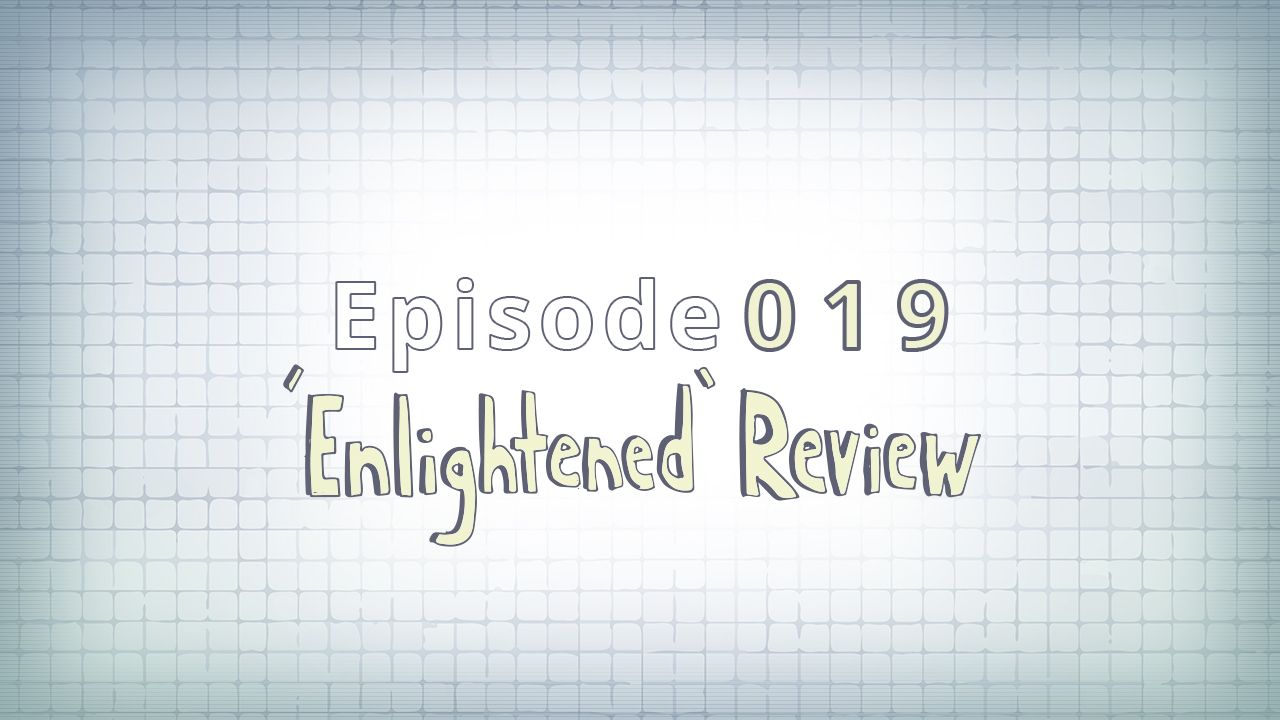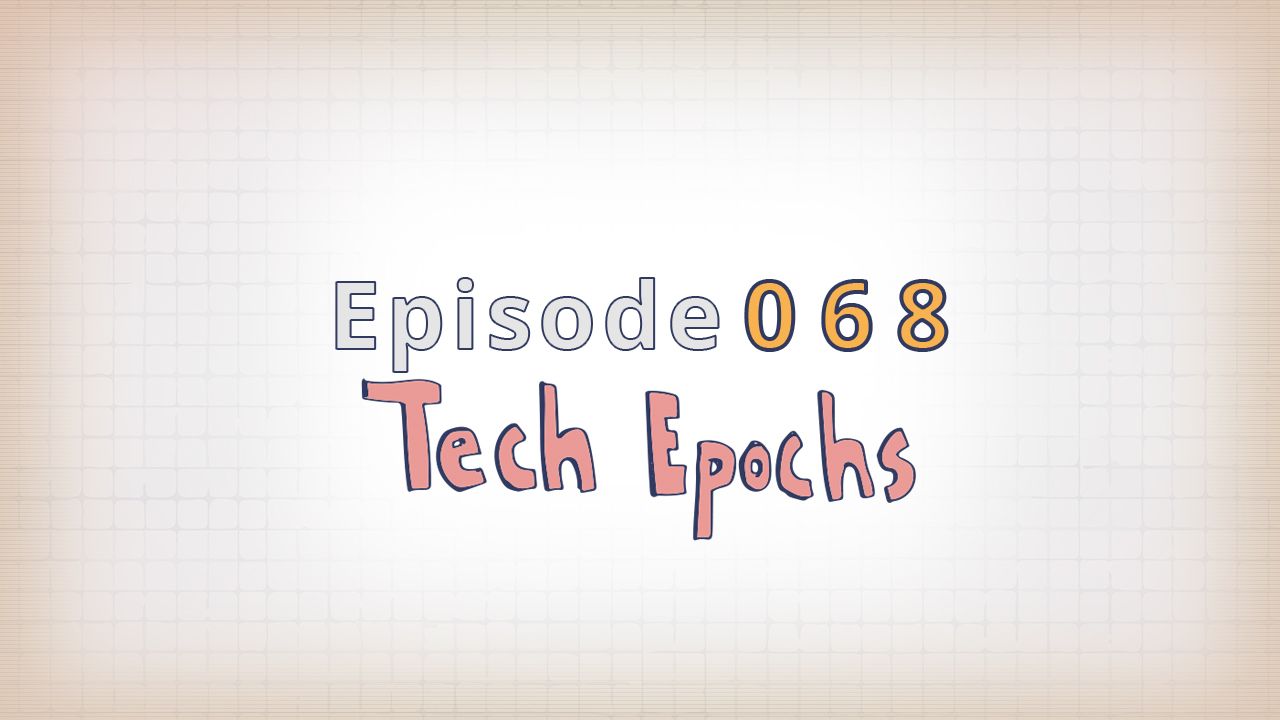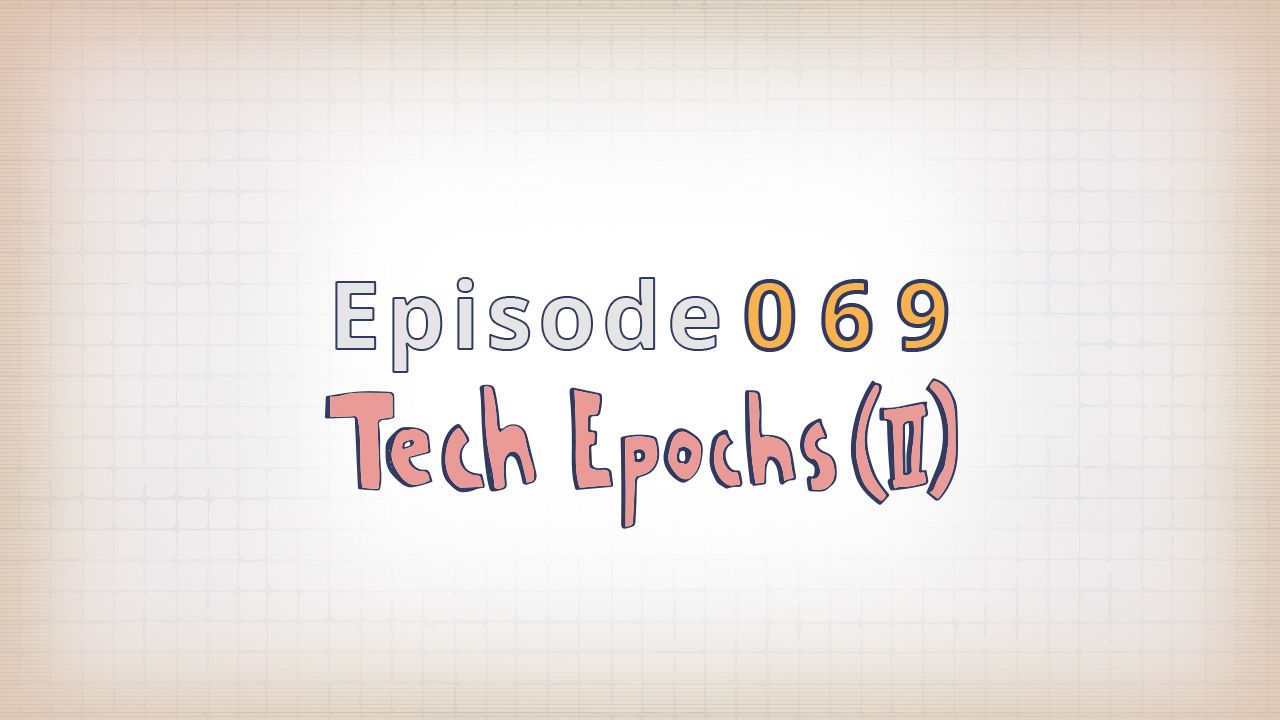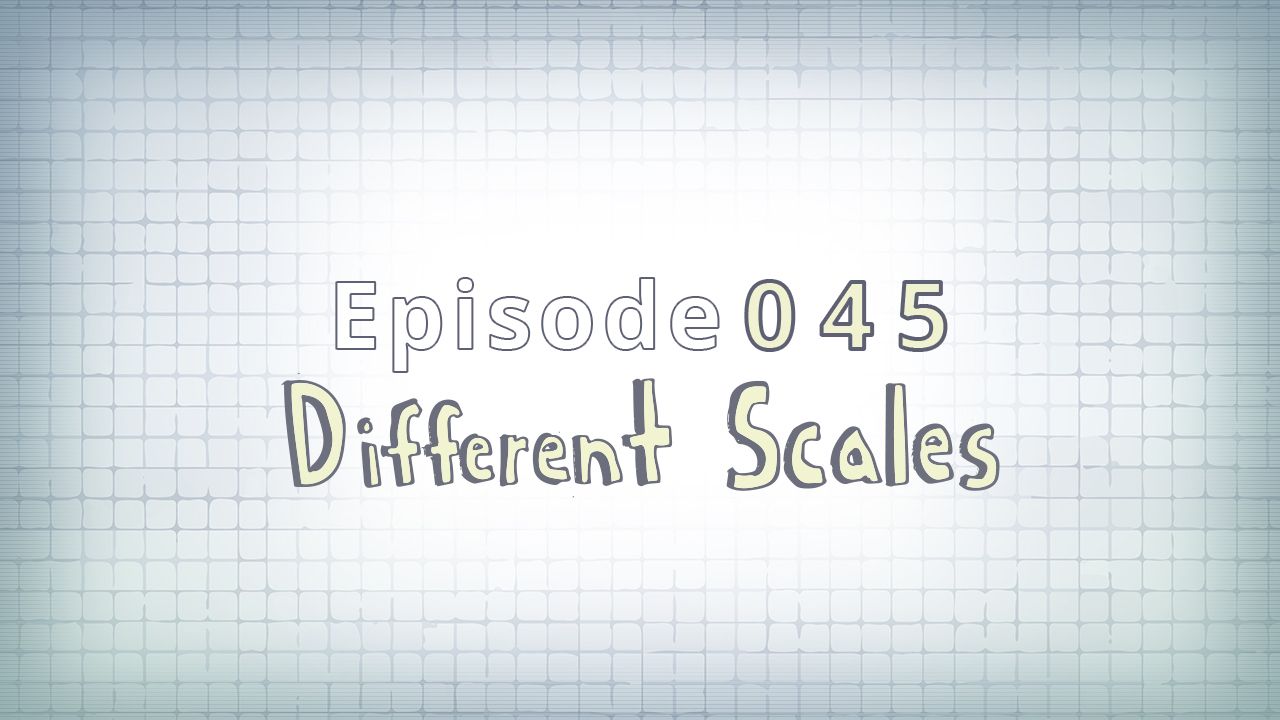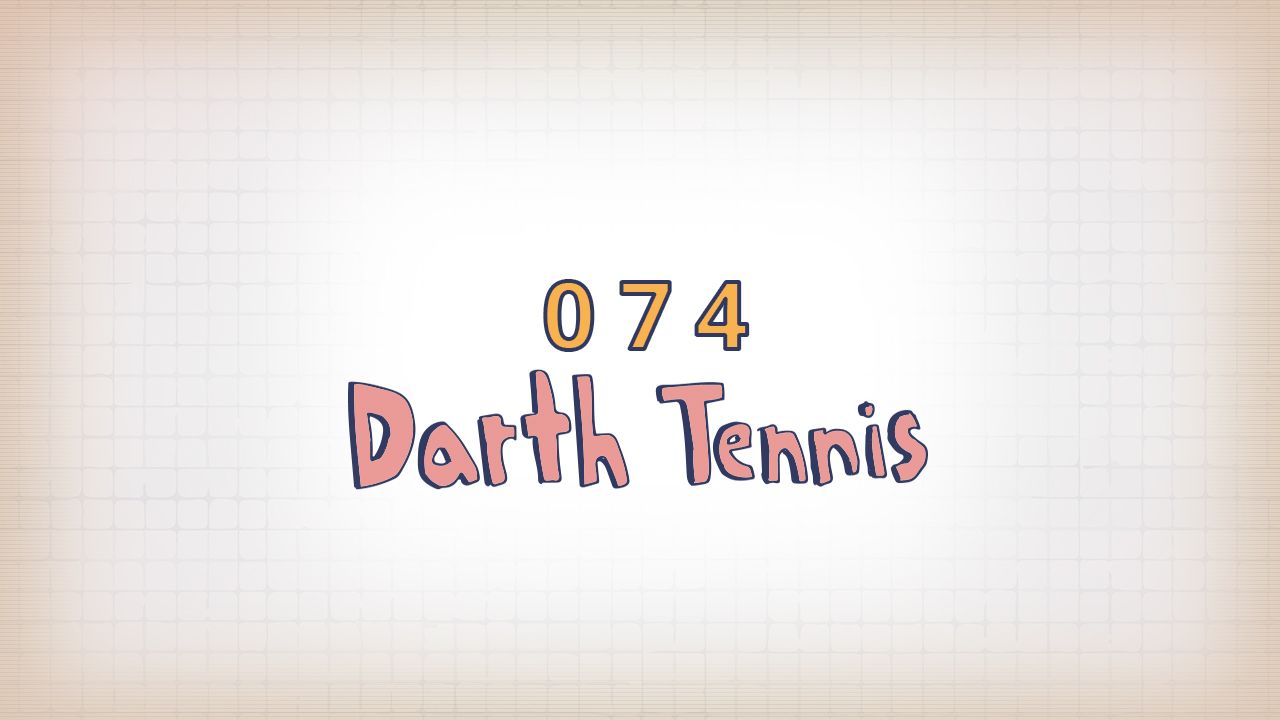004: Battlestar Galactica
A deep-dive into the sci-fi TV series.
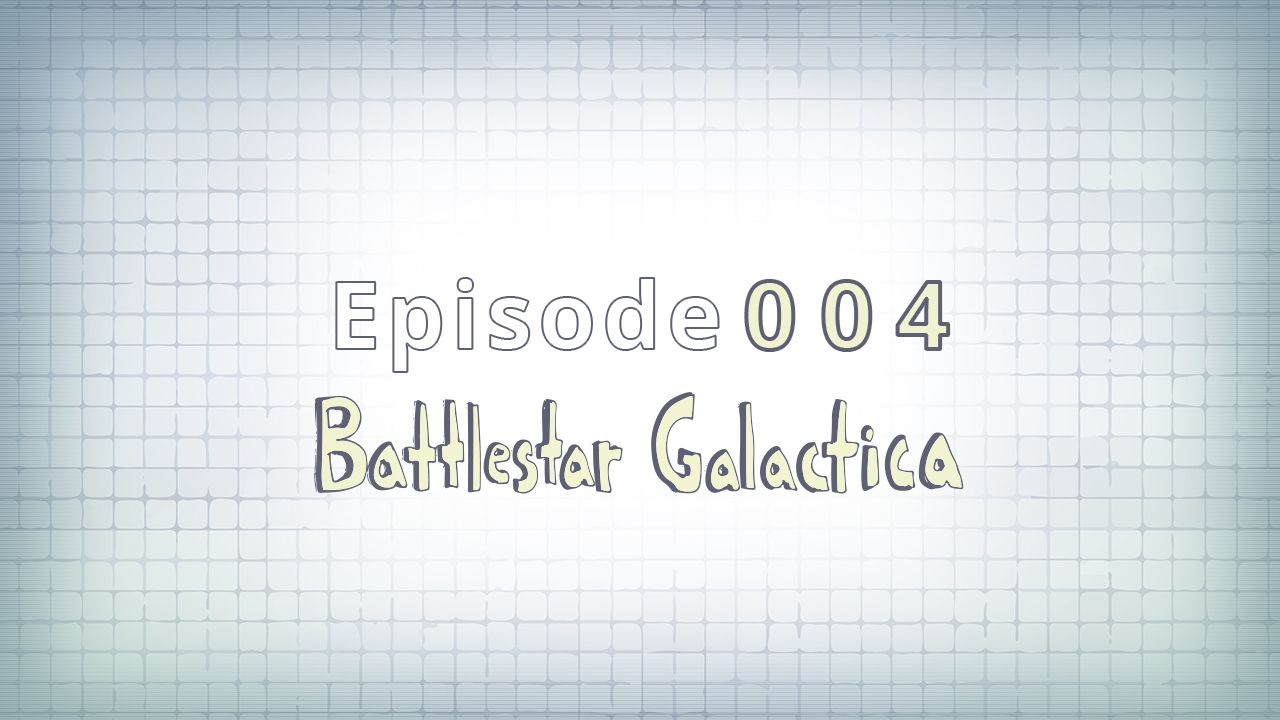
Science fiction places familiar topics into unusual settings so that we see them from a new perspective. And then uses this as a mirror to reflect our human shortcomings.
The reimagined Battlestar Galactica TV series excels on both counts.
I will argue here (at length) that this early-2000s space opera is more relevant, entertaining, and instructive today than ever.
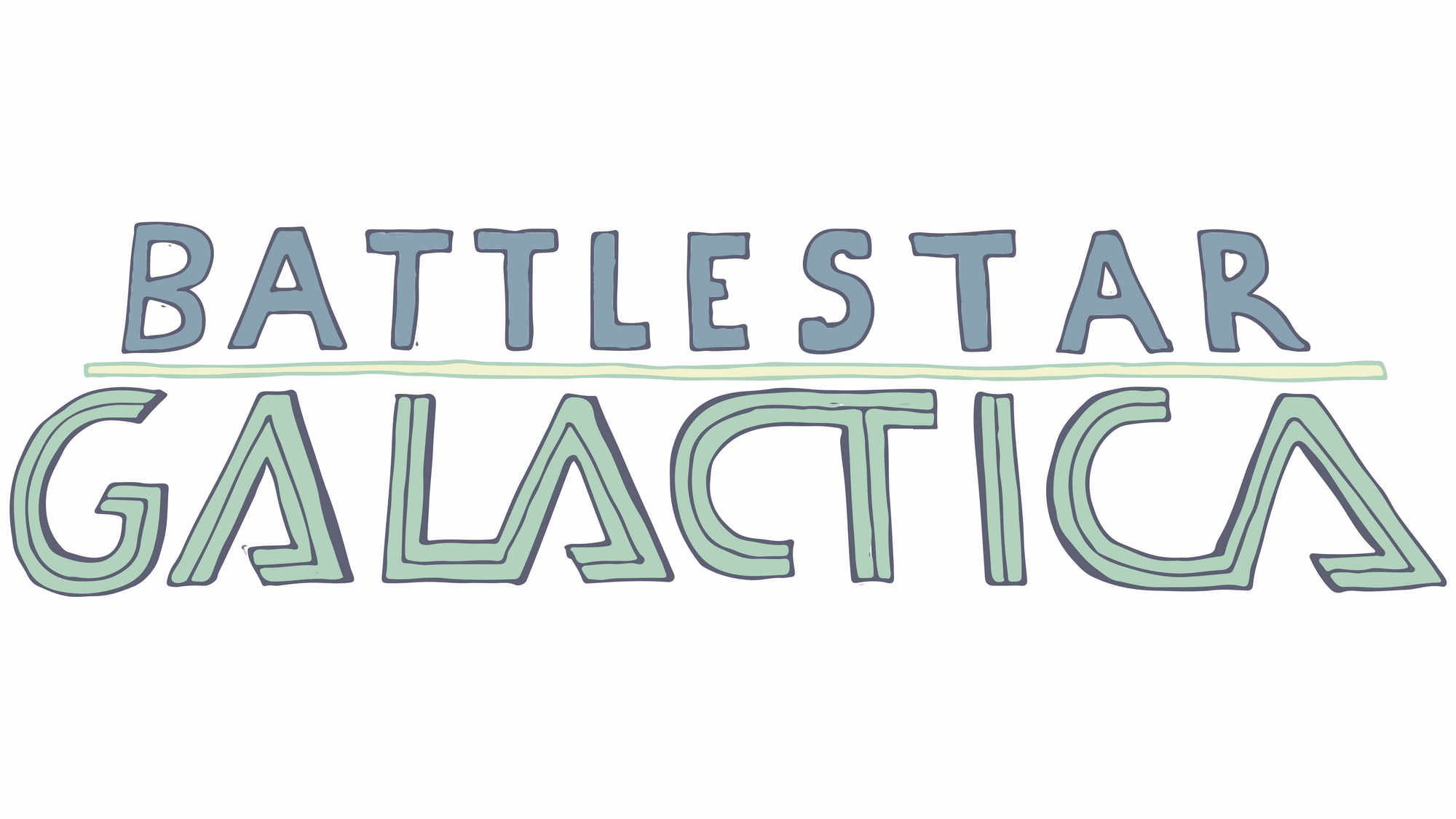
If you haven't seen this show: Don't be put off by the spaceships, robots, naval motifs and the post-apocalyptic survival storyline. It's not your typical sci-fi series.
I think BSG offers popular appeal.
It explores a timeless question:
“What does it mean to be human?”
A longform review.
Warning: Contains spoilers.
Series background
BSG was originally a show in the 1970s. It was revived in 2003 by Ron D Moore and David Eick. The reimagined version ran for ~75 episodes until 2009.
Eventually, it got canceled due to mediocre live TV ratings.
But it earned critical acclaim and a highly devoted fan base.
Caveats
BSG is a show that takes itself very seriously.
Brows are furrowed. Stiff upper lips are maintained! And dire messages are growled dramatically into PA systems.
BSG suffers from two weaknesses:
- The "religious" mythology went off the rails (in seasons 3-4)
- Melodrama can get tiring, when not balanced out by comedy
Even still, I think BSG's (many) strengths easily outweigh its shortcomings.
Why is this series so good?
Three main reasons:
- Timeless themes, smart writing
- Strong acting, good characters
- Decent production value (on a budget)
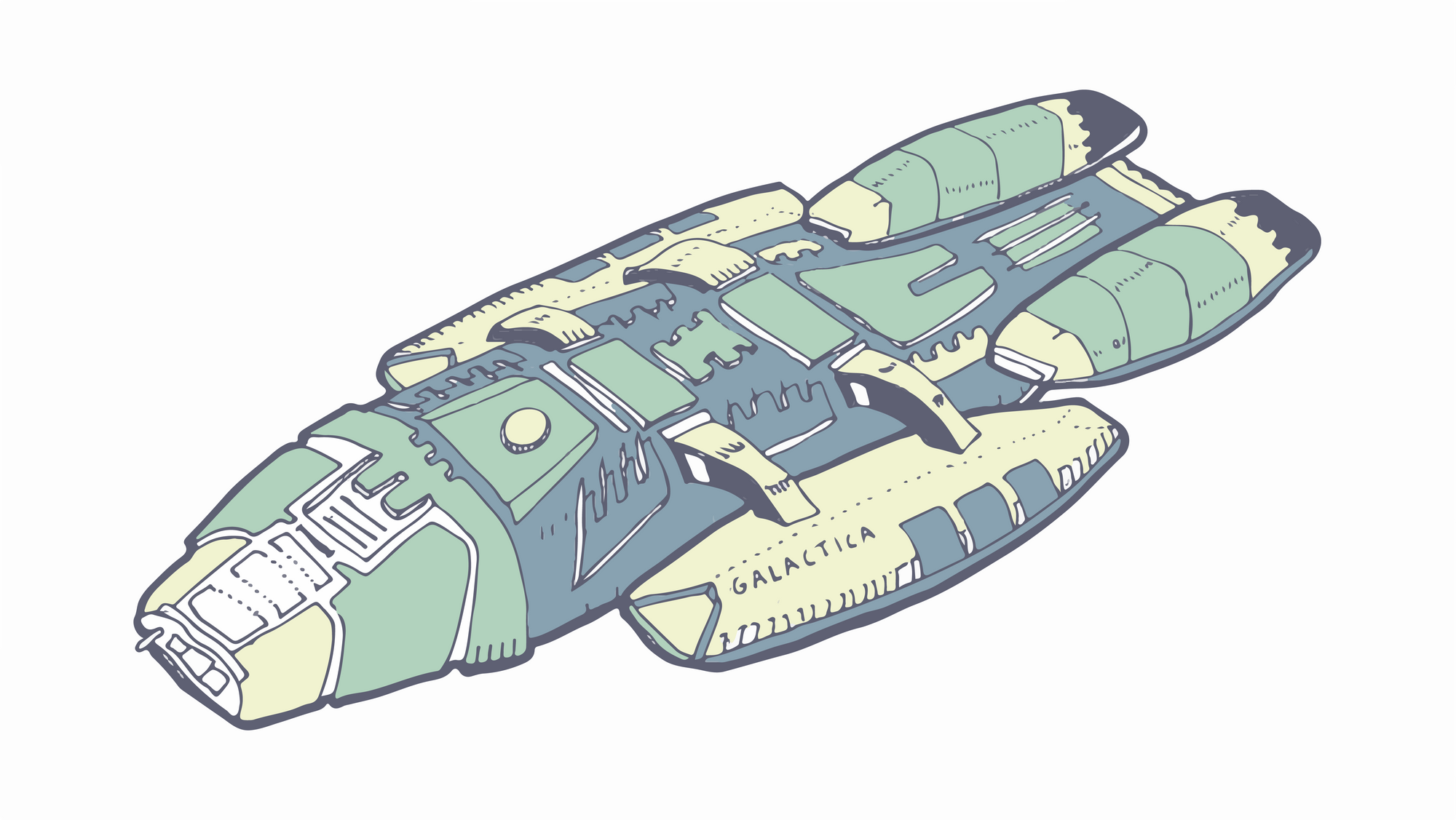
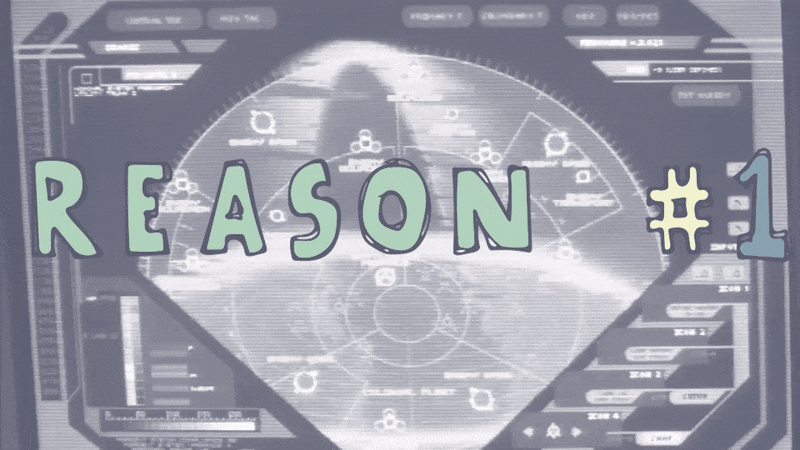
Timeless themes, smart writing
Synopsis: A sole-surviving military spaceship is charged with protecting the remaining ~50,000 human beings from a hoard of vicious, rebelling Cylons. The human planets are destroyed and a hoard of vengeful robots are in close pursuit.
Can the fleet of beleaguered survivors unite under a common banner of humanity?
Rebuild a semi-functioning society, while on the run?
Survive in space, long term?
The show appears to be set in our future, but it has actually taken place in our past. One of the big themes is the ongoing tension between individual choice and agency and a recurring cosmic destiny.
At the end, a very stubborn character (Lee Adama) reflects:
If there’s one thing we should have learned, it’s that our brains have always outraced our hearts.
Our science charges ahead. Our souls lag behind. Let’s start anew."
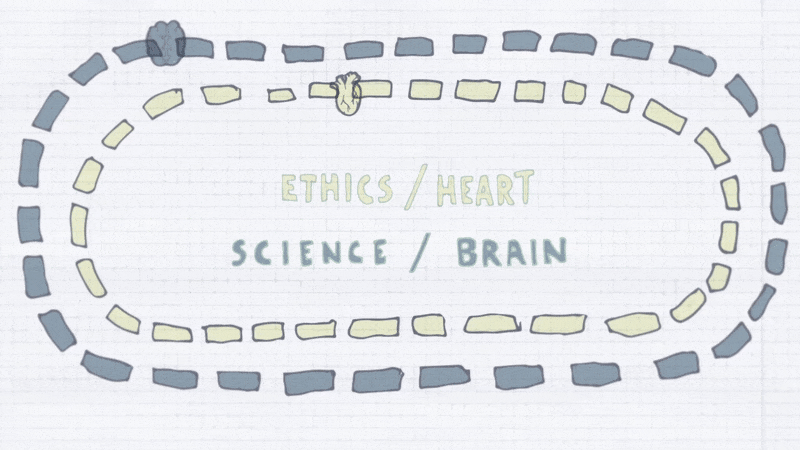
Cylon-focused storylines explore big questions:
- Should a sentient AI have rights or free-will?
- Can robots “love” each other, humans or deities?
"This has all happened before.
It will all happen again."
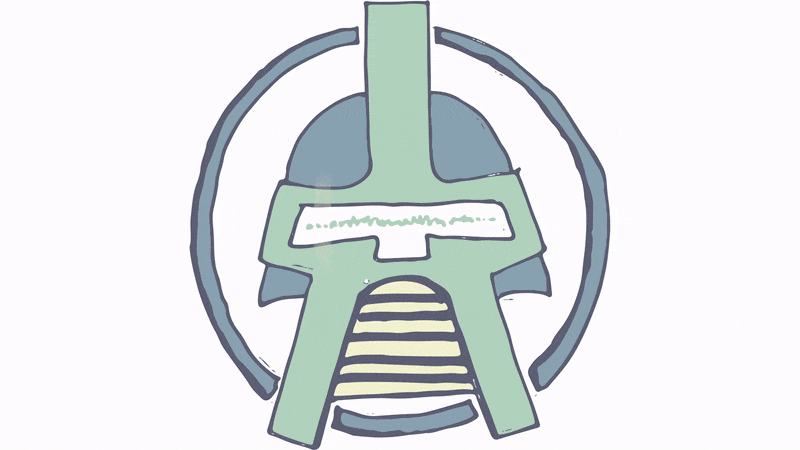
Ultimately, BSG tells a cautionary tale: Technological ambition comes with responsibilities and inherent risk.
It's a timeless message. Many thinkers have pondered similar themes.

That said, the show is only minimally about tech.
Most episodes explore human issues like relationships, love, work, and identity. Plotlines feature the black market, religious fundamentalism, and the nature of civilian-military government. It covers a wide range of subjects.
BSG explores big topics :
- The rule of law, freedom, and security
- Occupation, populism, and rebellion
- War, peace, and reconciliation
Heart and mind, science or ethics, can vs. should etc.
All themes that humans continue to wrestle with today.
As Lee wonders in the finale :
If all of this has happened before, does it have to happen again?"

"Begin jump prep.
Set condition three throughout the ship."
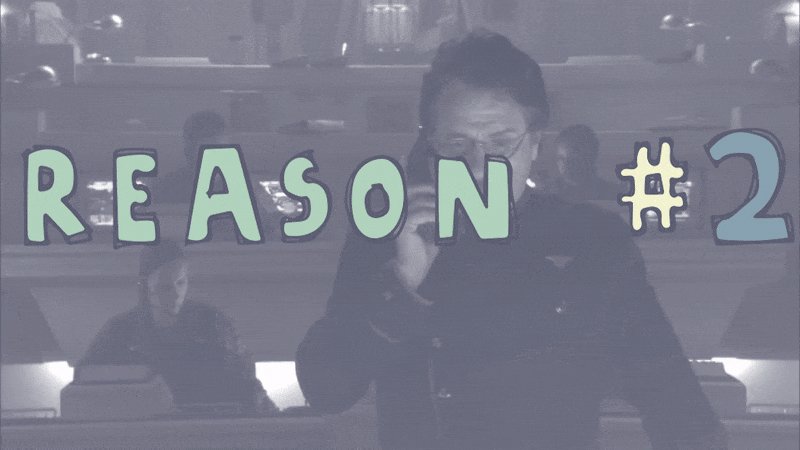
Great acting performances
Skilled actors bring characters to life.
They make them feel three-dimensional.
Over four seasons, we watch a variety of vivid characters grapple with difficult situations, confront core principles, and make painful mistakes.
In the process, we come to see them as flawed, striving, and (somewhat?) lovable.
A few of my favorites :
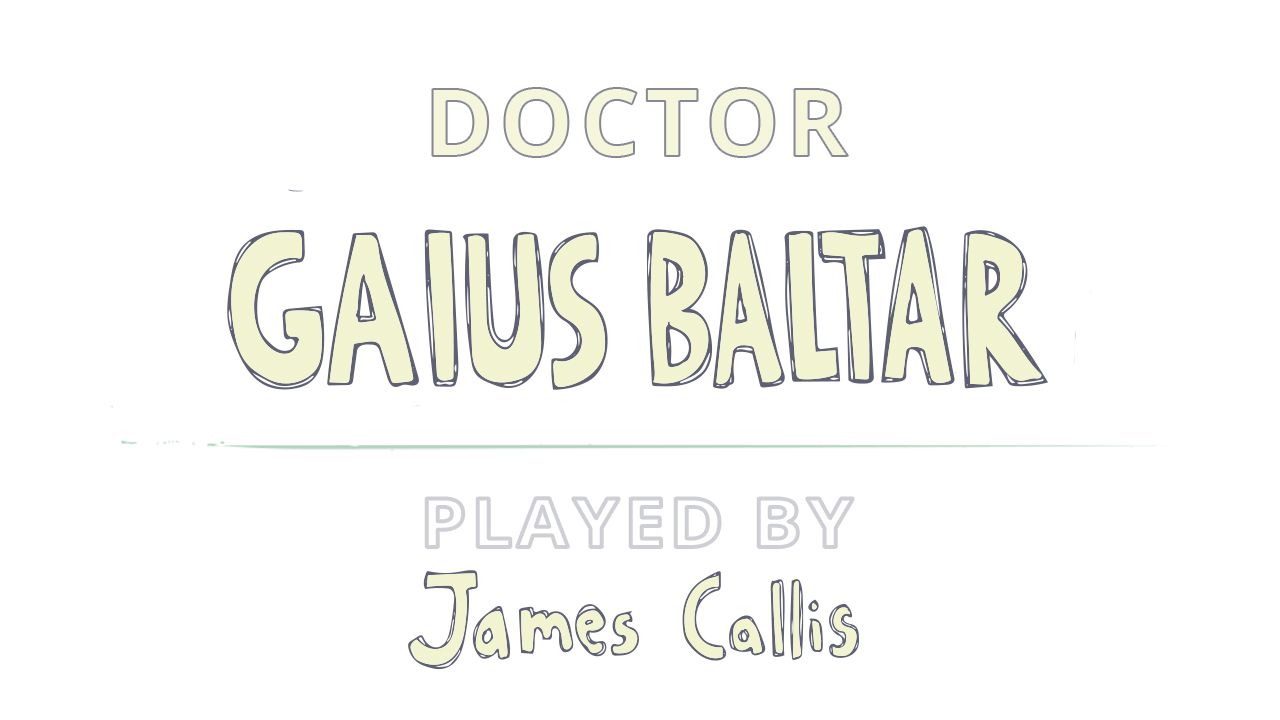
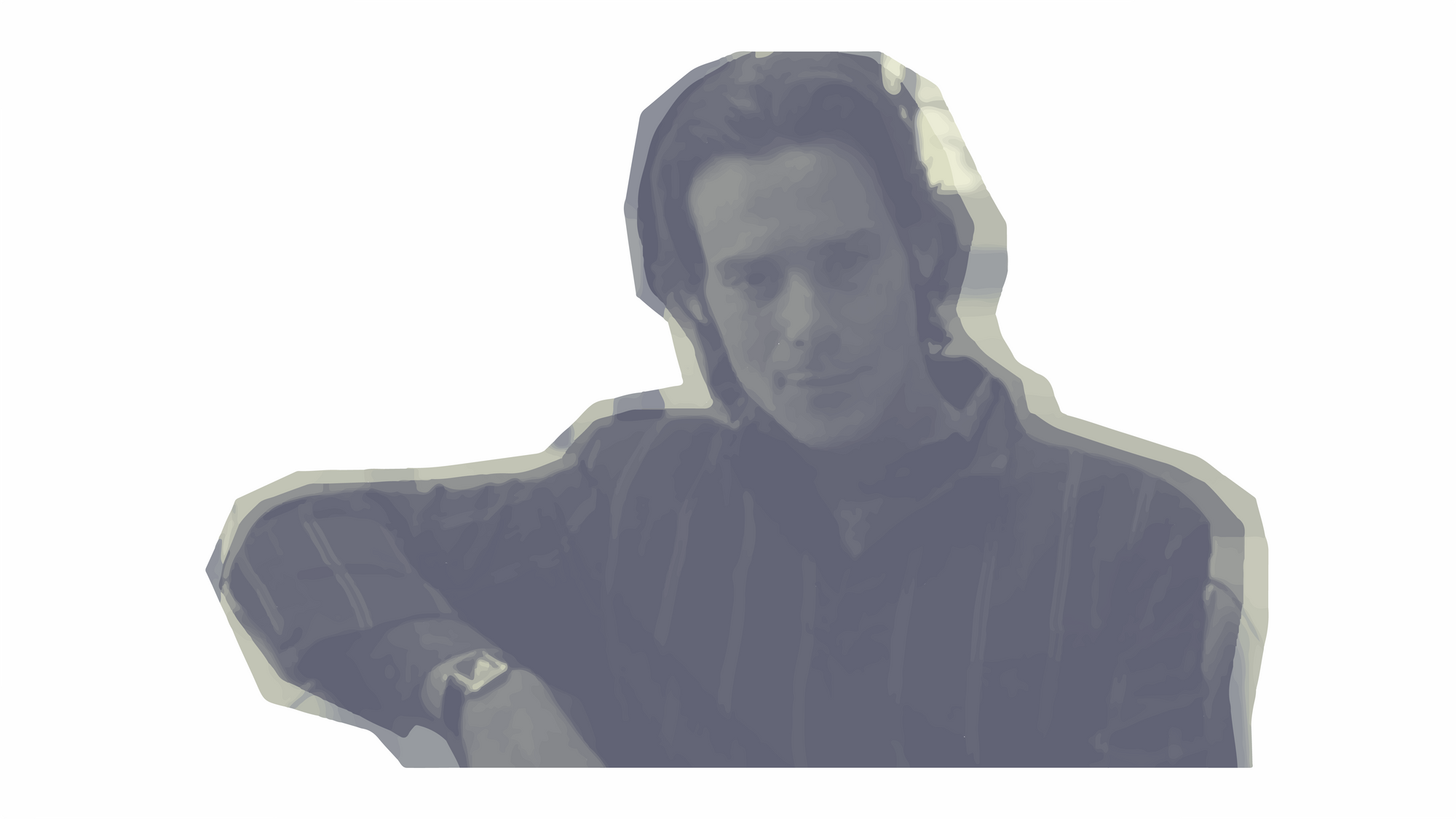
Gaius Baltar is a cowardly, charismatic, cigar-smoking scientist.
He repeatedly betrays humanity, putting his own egomaniacal interests above the greater good. At turns, he's a Cylon collaborator, savvy politician, the President, a war criminal, new-age cult leader and - eventually - the savior of humanity.
Baltar is an annoying, hallucinating philanderer who somehow manages to fail upwards, accidentally saving all.
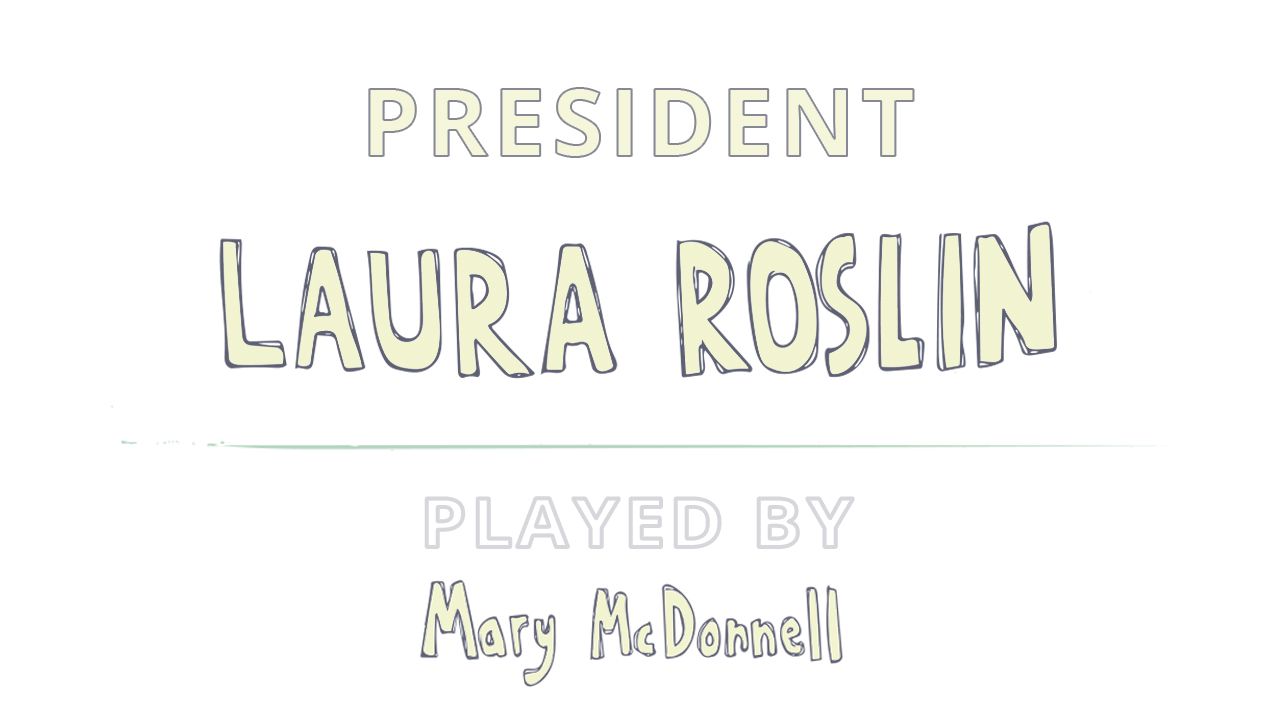
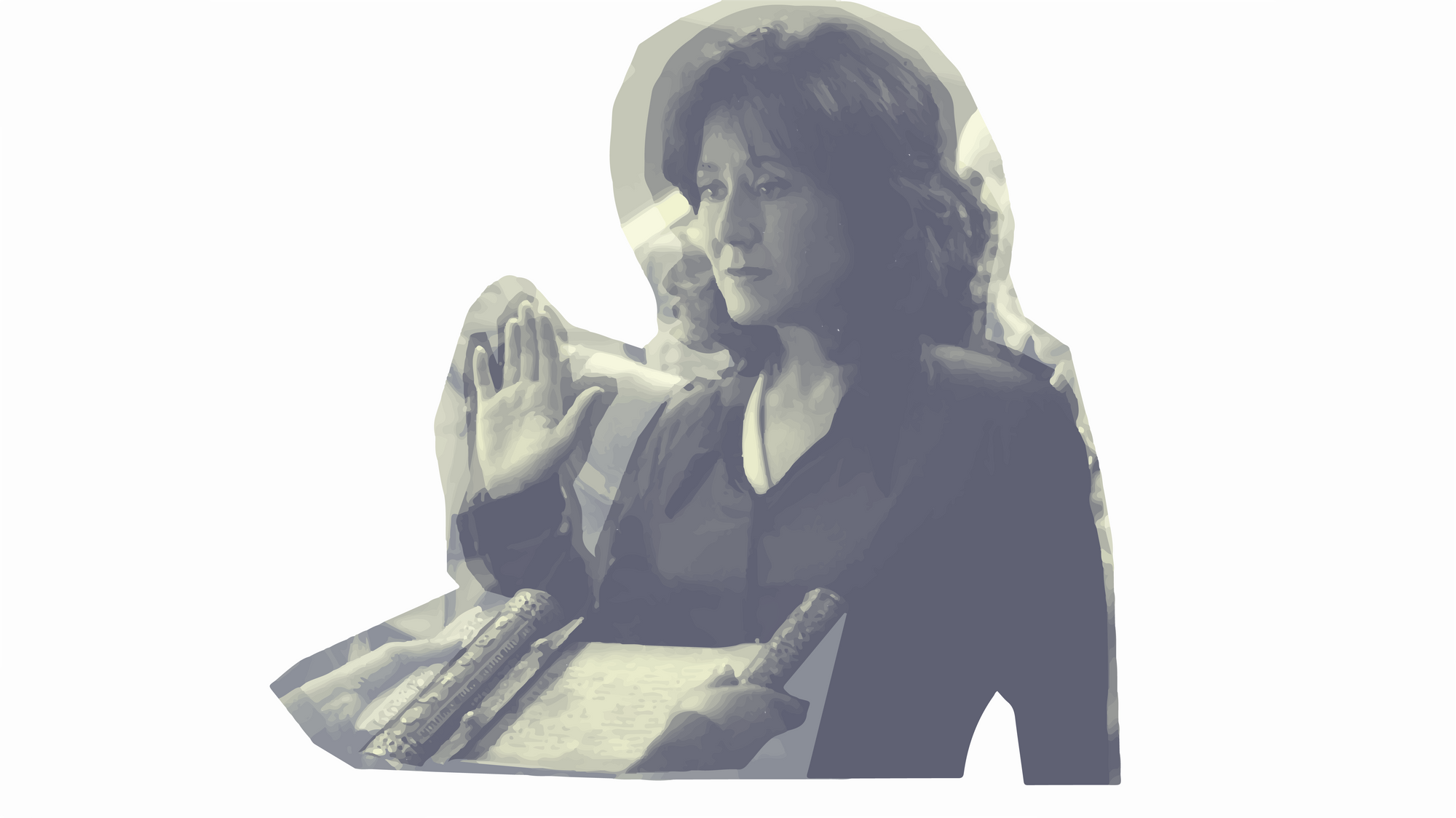
Laura Roslin, a former schoolteacher and the Secretary of Education, becomes President of the 12 Colonies after a nuclear attack kills everyone else in the line of succession.
She is a dying, spiritual leader, acutely aware of her mortality - guided by drug-induced visions and an ancient prophecy. President Roslin makes some bad decisions, but turns out to be a mostly intuitive and strategic shepherd for humanity.
McDonnell's performance is masterful.
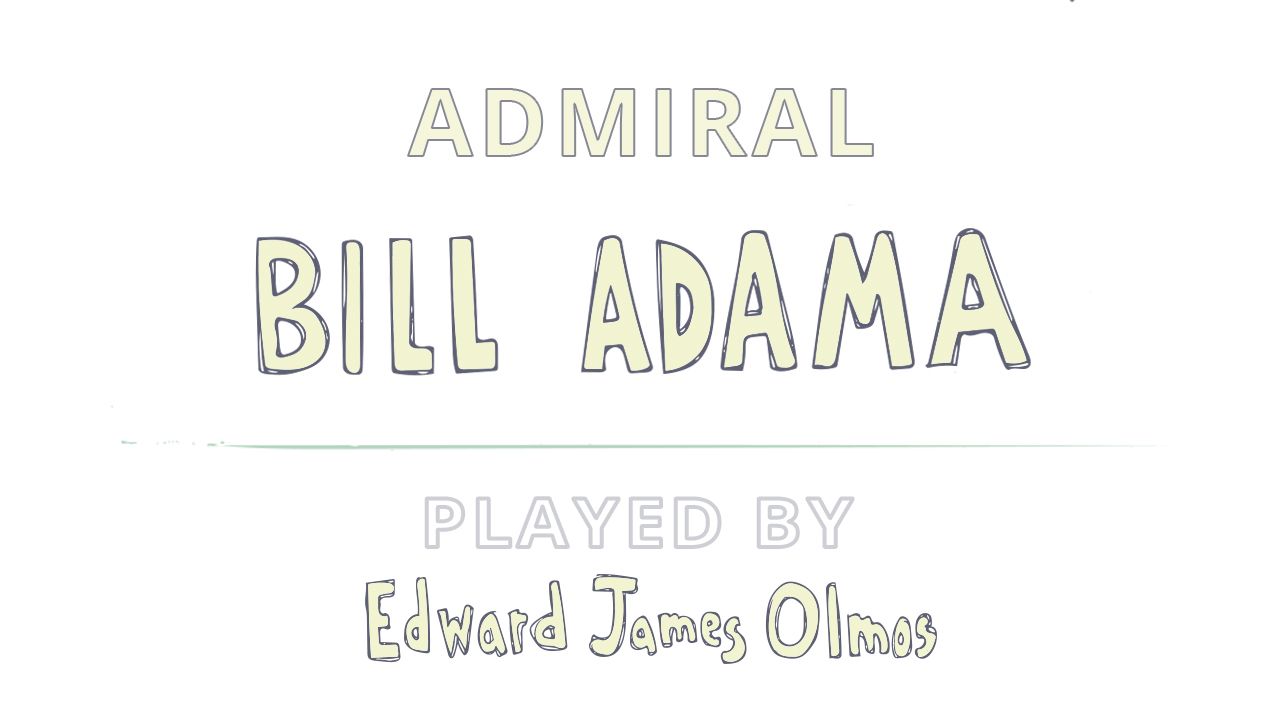
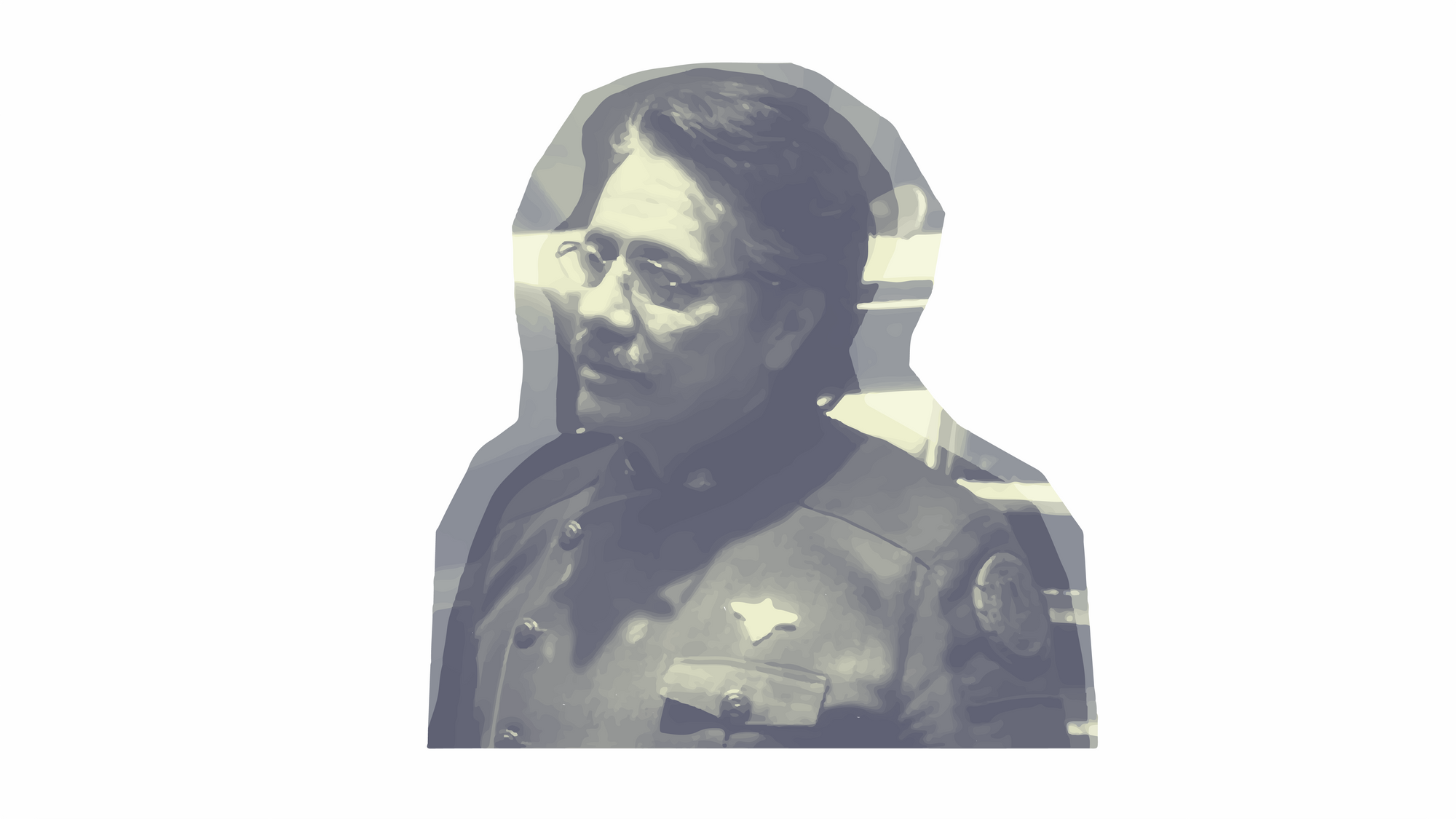
Edward James Olmos plays Bill Adama, "the old man" at the helm.
A gruff, principled leader - he's armored in stoicism, and willing to do anything to protect the fleet. Adama is stubborn and fearless: He kills Cylons with his bare hands, survives getting shot in the chest, and falls deeply in love with Roslin.
Every time he growls "begin jump prep" or "this is the Admiral speaking", I half-expect to hear Al Pacino's halftime speech from Any Given Sunday.
Classic.

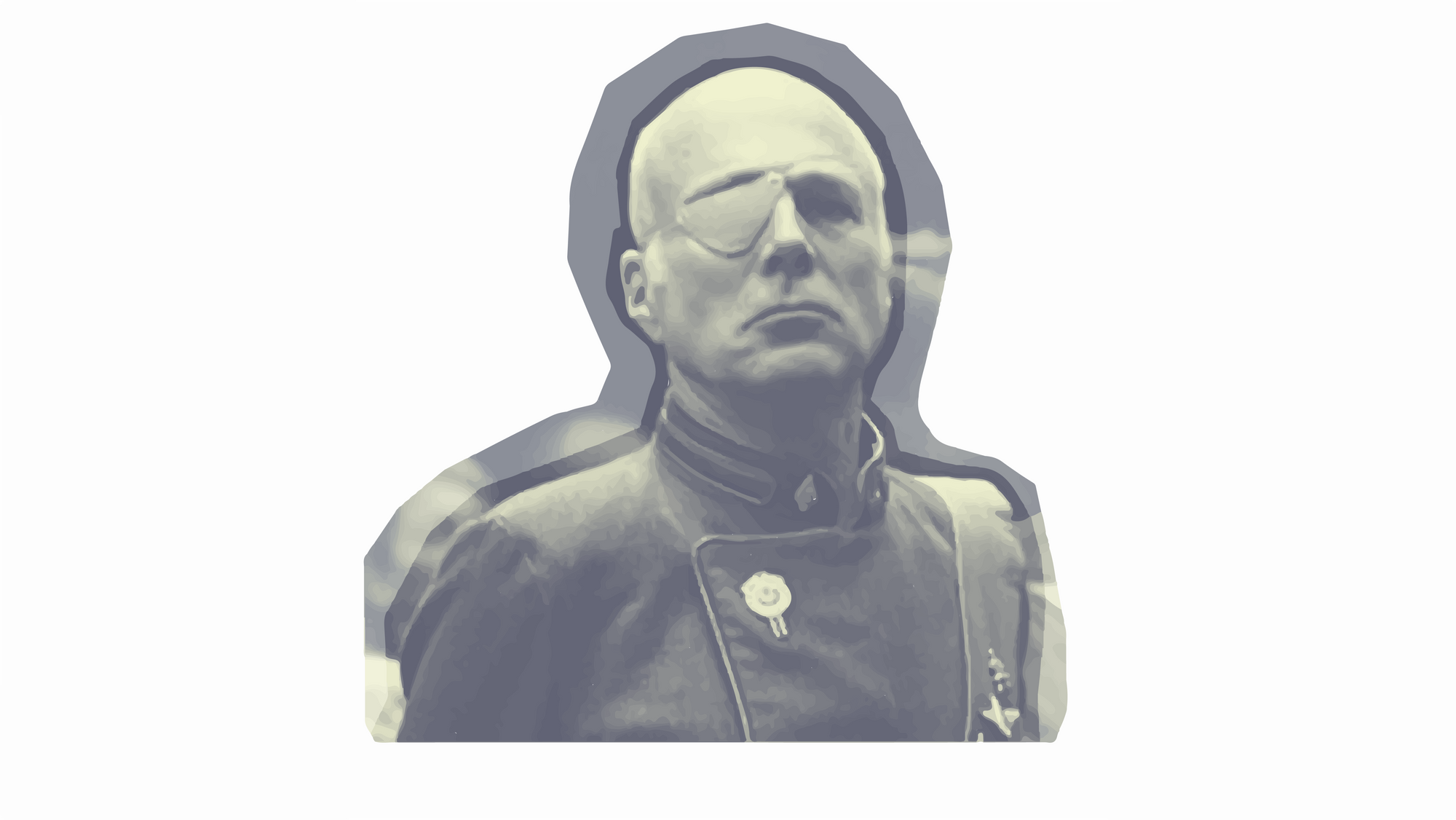
Every grizzled leader needs a smart, funny, insecure second-in-command.
Saul Tigh is a bitter, one-eyed sci-fi pirate and BSG's Executive Officer. Saul is a prickly and confrontational XO.
Tigh stubbornly refuses to accept that he is anything less than 100% loyal to Galactica, even after finding out that he's a Cylon sleeper agent. I love it when he yells at Baltar. Tigh hates Gaius Baltar.
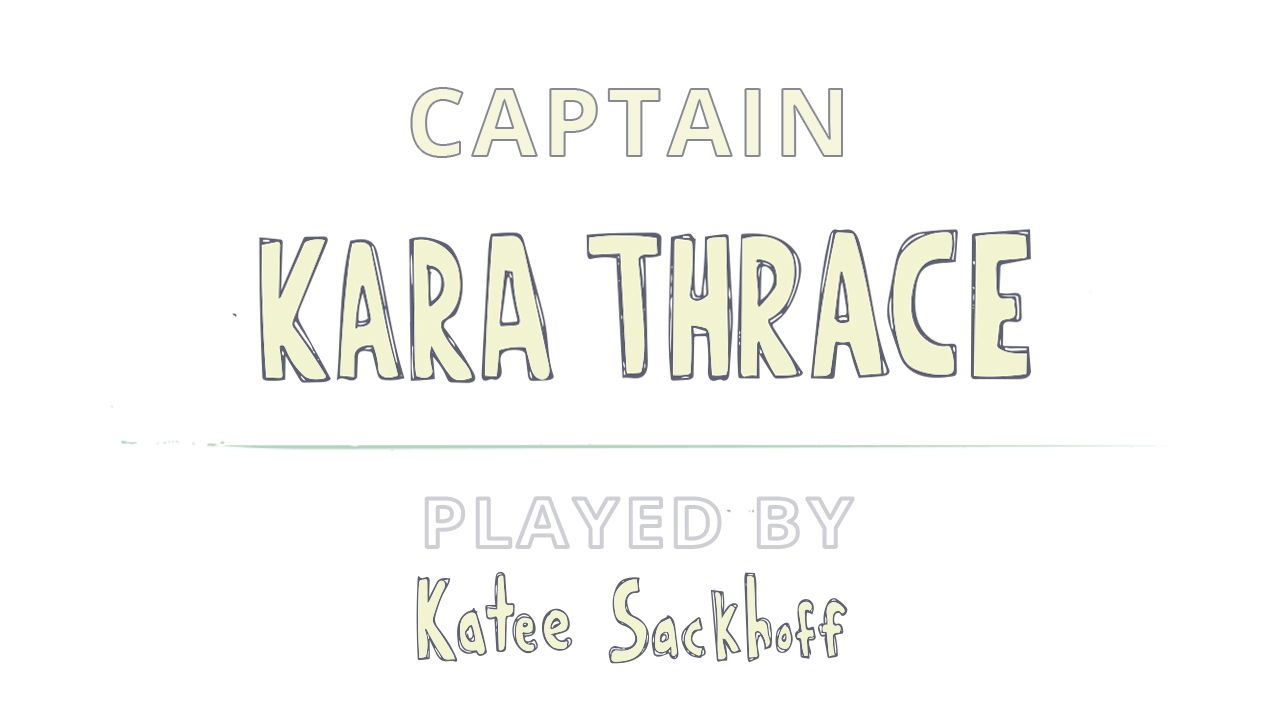
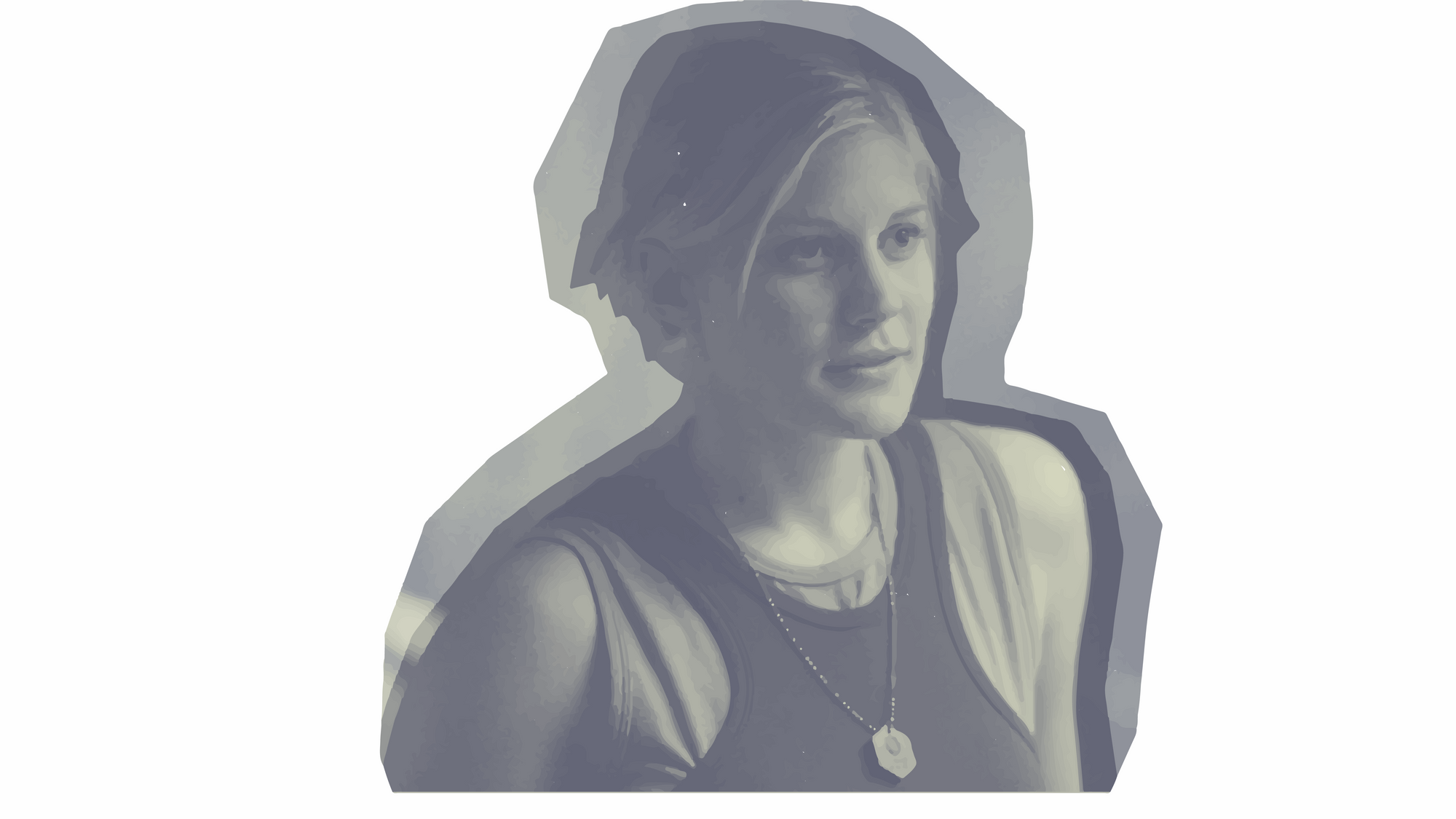
Katee Sackhoff plays Kara Thrace, a swashbuckling hothead and ace fighter pilot (call sign Starbuck) with a recurring self-destructive streak.
She drinks constantly - and punches a lot of people in the face.
Later storylines paint her as humanity's "Harbinger of Death", but I see Starbuck as simply a bruised human. Searching for redemption, meaning, and love.
Heart and soul of the show.
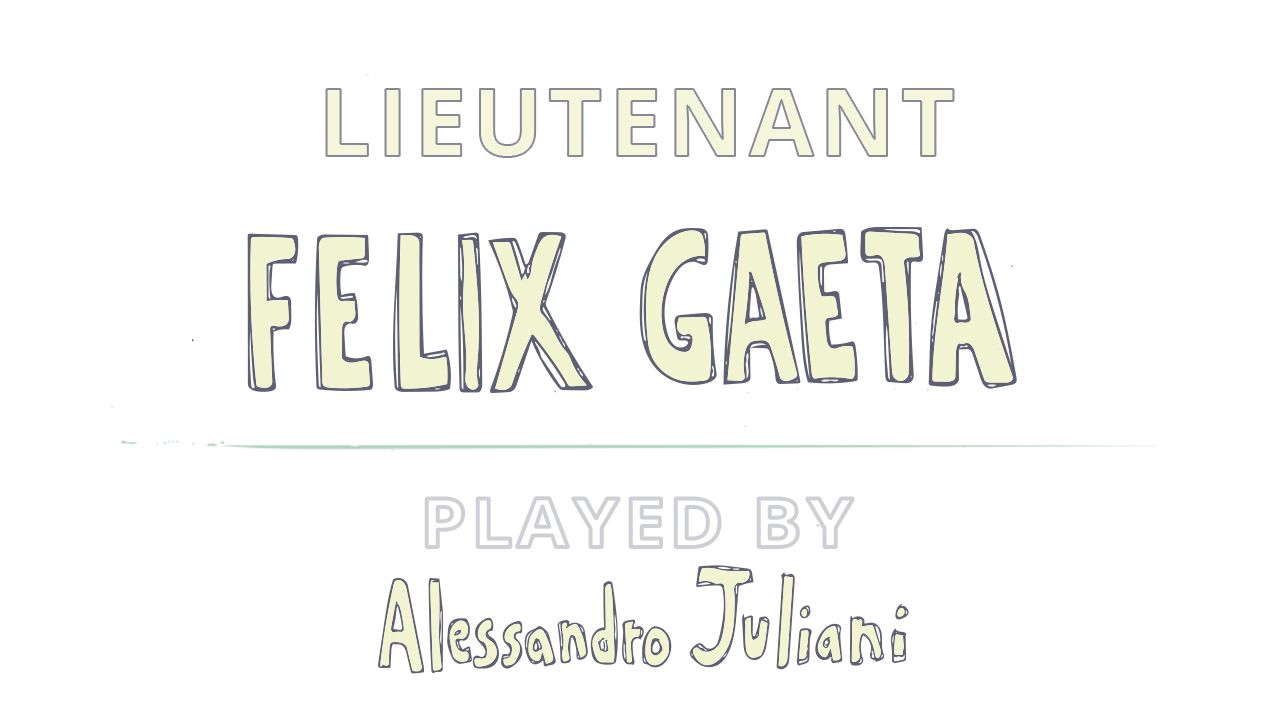
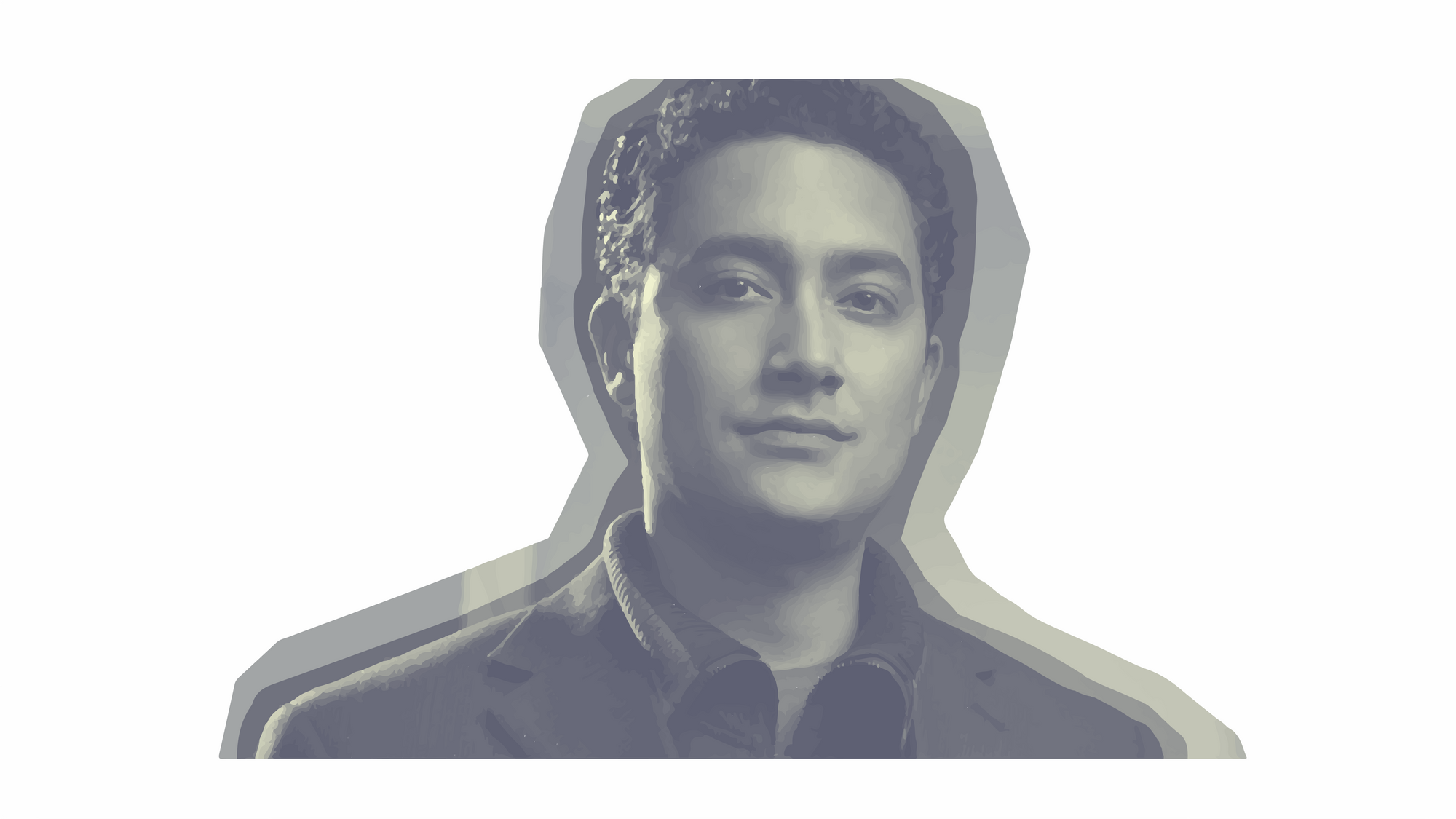
Alessandro Juliani plays Felix Gaeta, an ambitious junior officer in Galatica's bridge.
Gaeta is a technologist and a loner - proud of his intelligence, loyal to the few who believe in him. Most (apart from Baltar) never seem to fully understand Gaeta's principles. He is betrayed and loses a leg. He ultimately takes a mutinous turn in revenge - leading to execution by firing squad.
Greata character. A devastating loss.
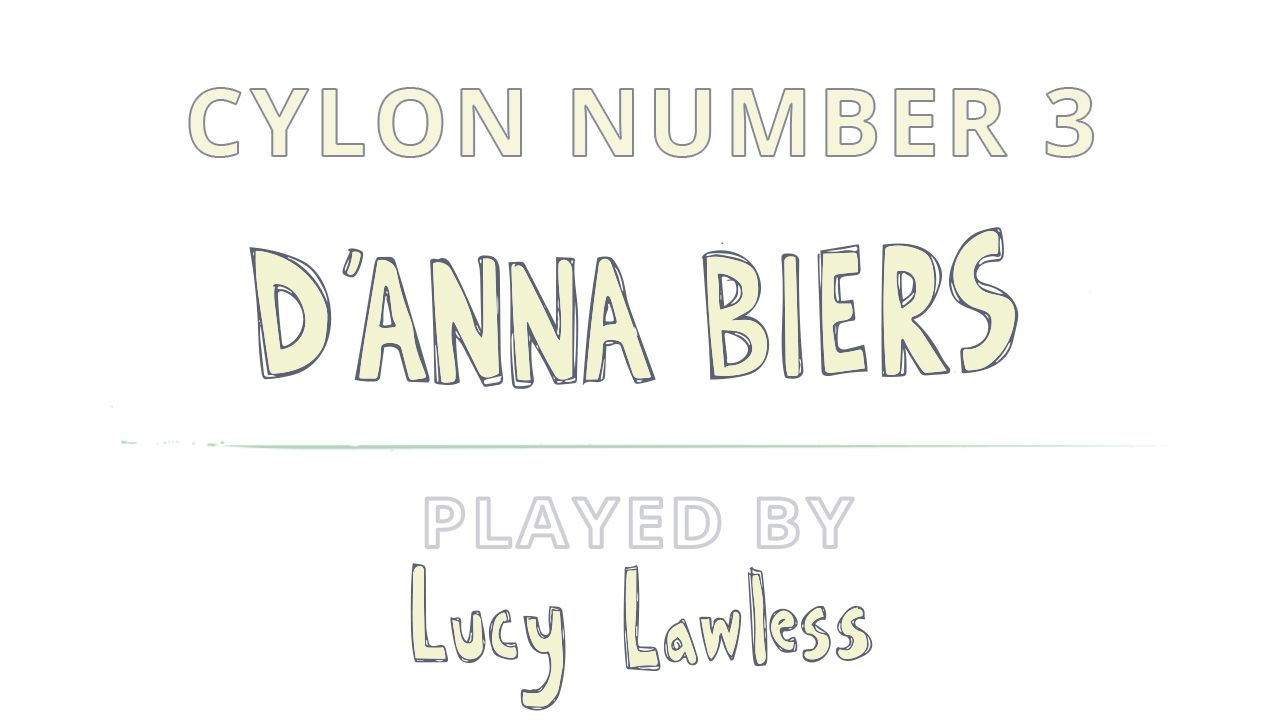
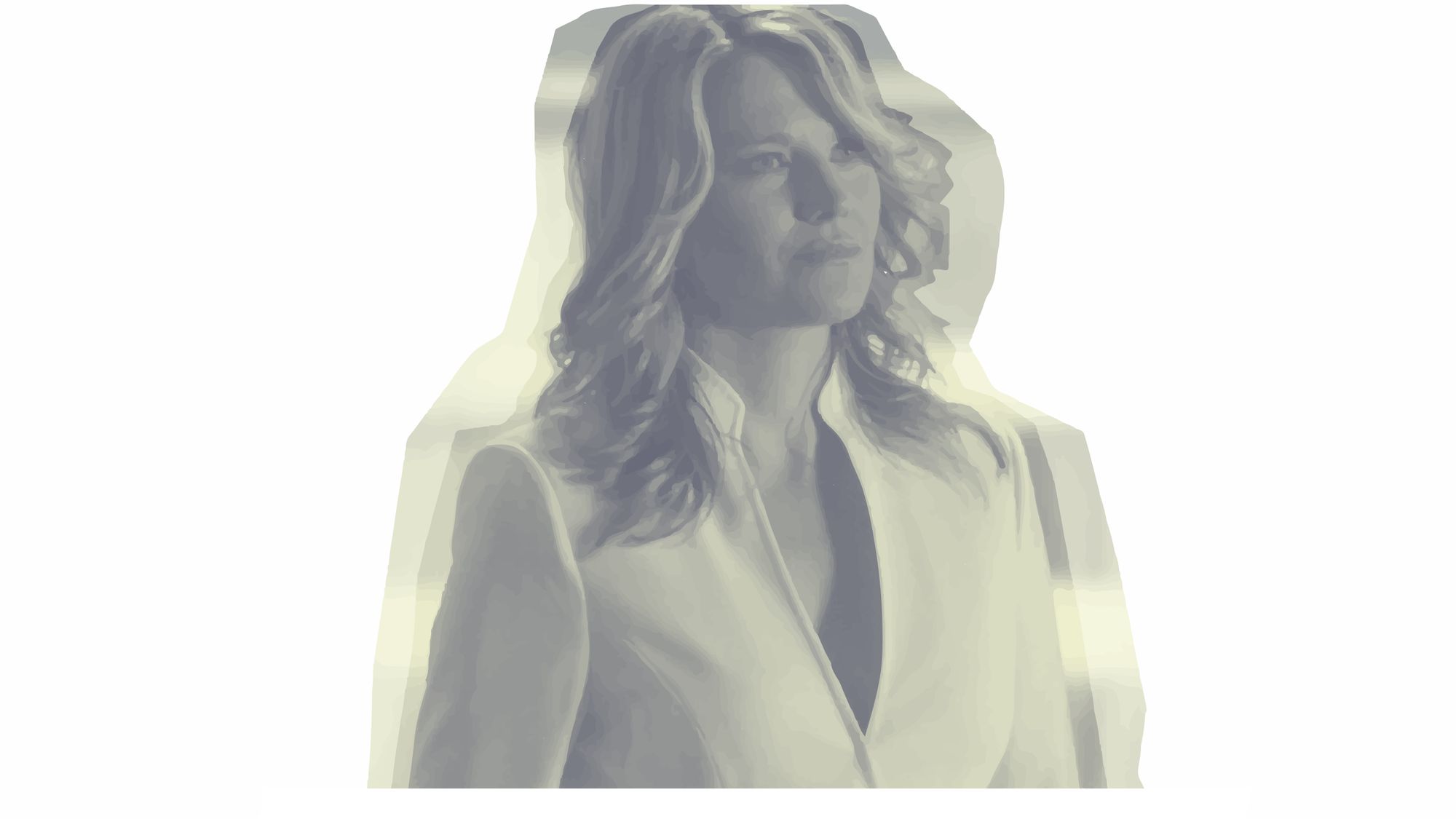
Lucy Lawless plays cunning humanoid Cylon Number Three (D'Anna).
She's fully devoted to vanquishing humans. Later, she questions her faith (programming?) and rebels against her fellow Cylons.
The list goes on
There were many other great characters (Dee, Zarek, Cottle etc).
Three bonus mentions :
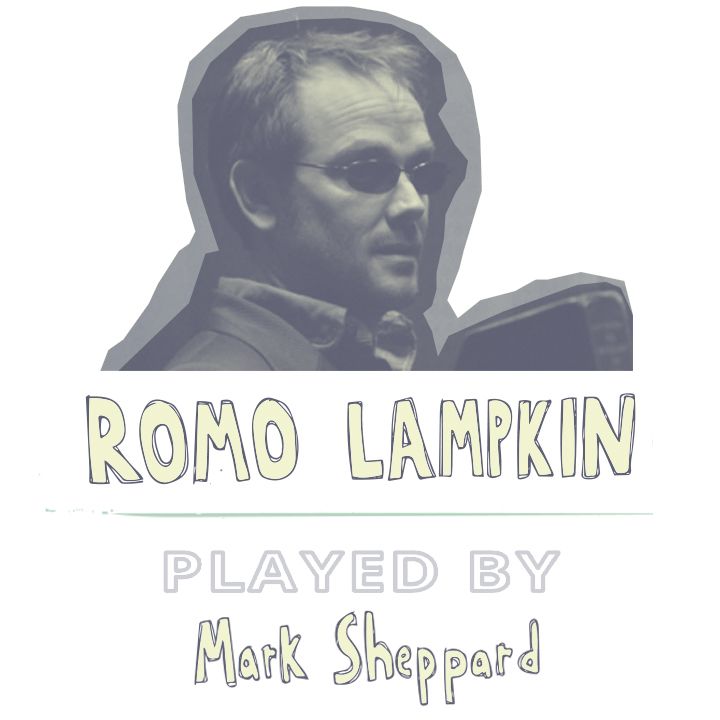
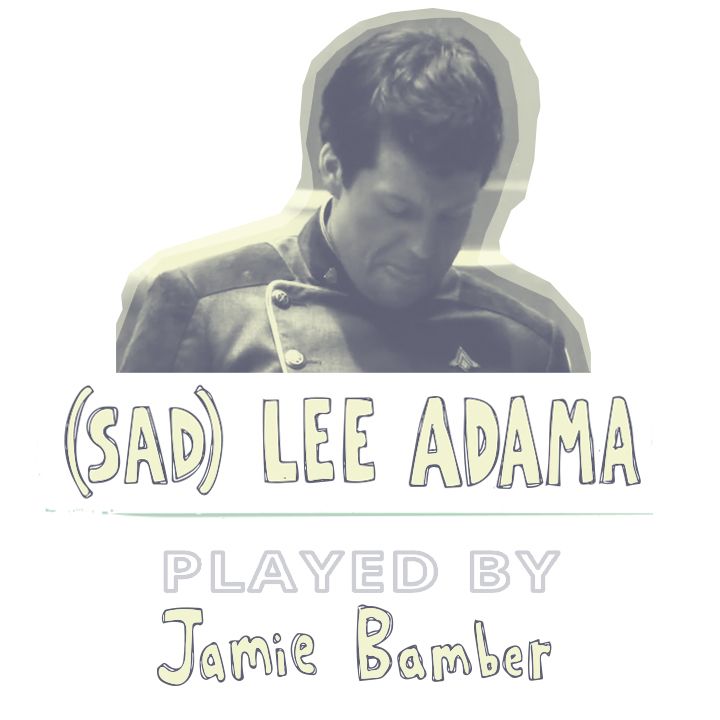

Romo Lampkin, a kleptomaniacal trial attorney and Gaius Baltar's public defender (while on trial for war crimes). Lampkin is an expert manipulator, an endearing cat-lover and (briefly) the final President of the 12 Colonies.
I also enjoyed the season two storyline where Lee Adama loses his mojo, gains a ton of weight and wallows in misery until finally snapping out of it.
Finally: A tip of the hat to John Hodgman - who wrote about BSG as a journalist and then finagled a (speaking) role as assistant to Doc Cottle.
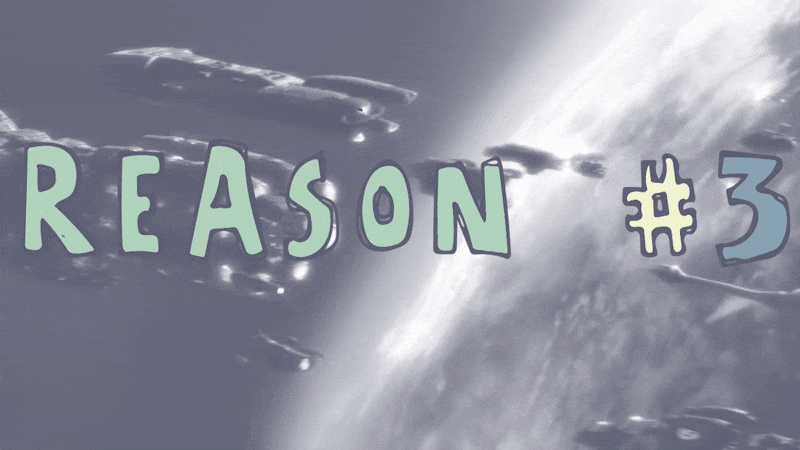
Solid production value
First, a few caveats...
- Bear McCreary's score can get distracting
- The intro montage spoilers felt gratuitous
- The shaky camera movements got old
From a business perspective:
BSG was obviously not getting nine-figure FX budgets.
It was made back in the funding era of terrestrial TV.
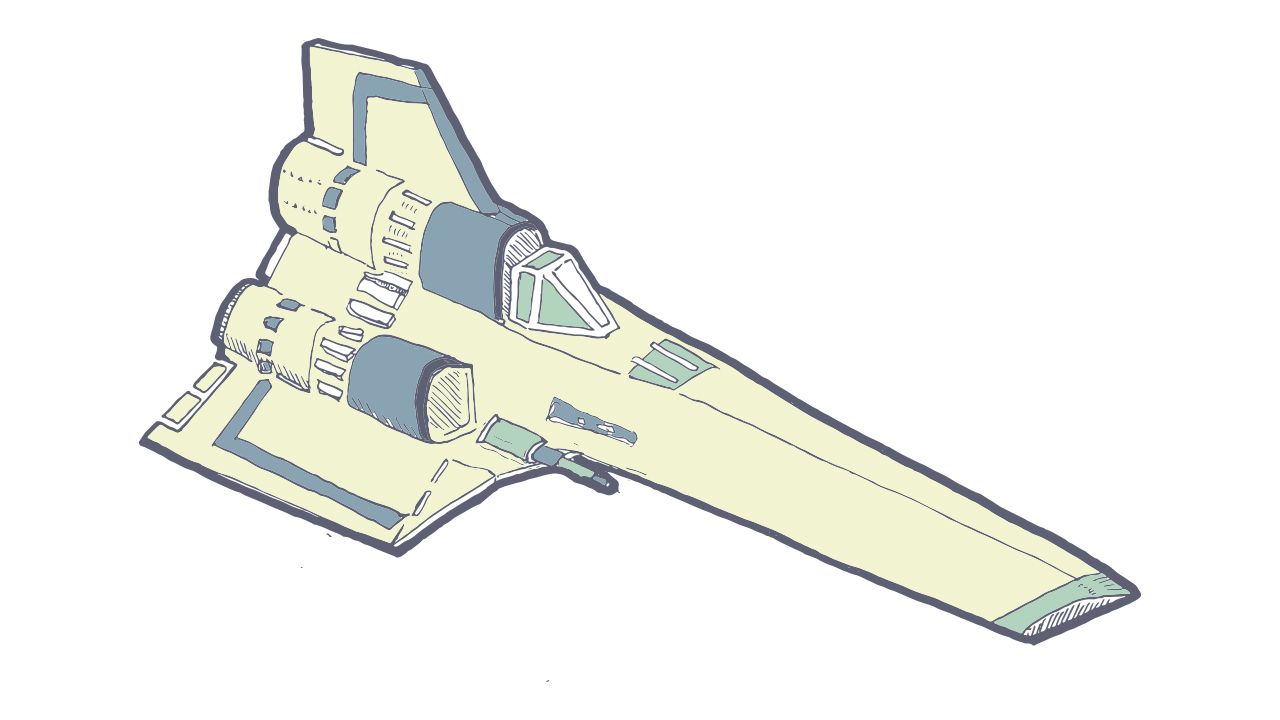
But BSG's modest budget is precisely why new Cylons looked like humans.
What started as a practical constraint turned out to be the key plot device that fueled everything.
If you can't fix it, feature it.
I thought the locations and production design were also solid: Recognizable enough to suspend disbelief.
For me, a well-imagined sci-fi world has to make some sense (it needs to give us a few familiar points of attachment). The characters mostly wear modern clothing, use recognizable technology, and speak minimal techno-jargon.
Other endearing details:
The non-gender use of "Sir" and broadcast-appropriate "Frak".
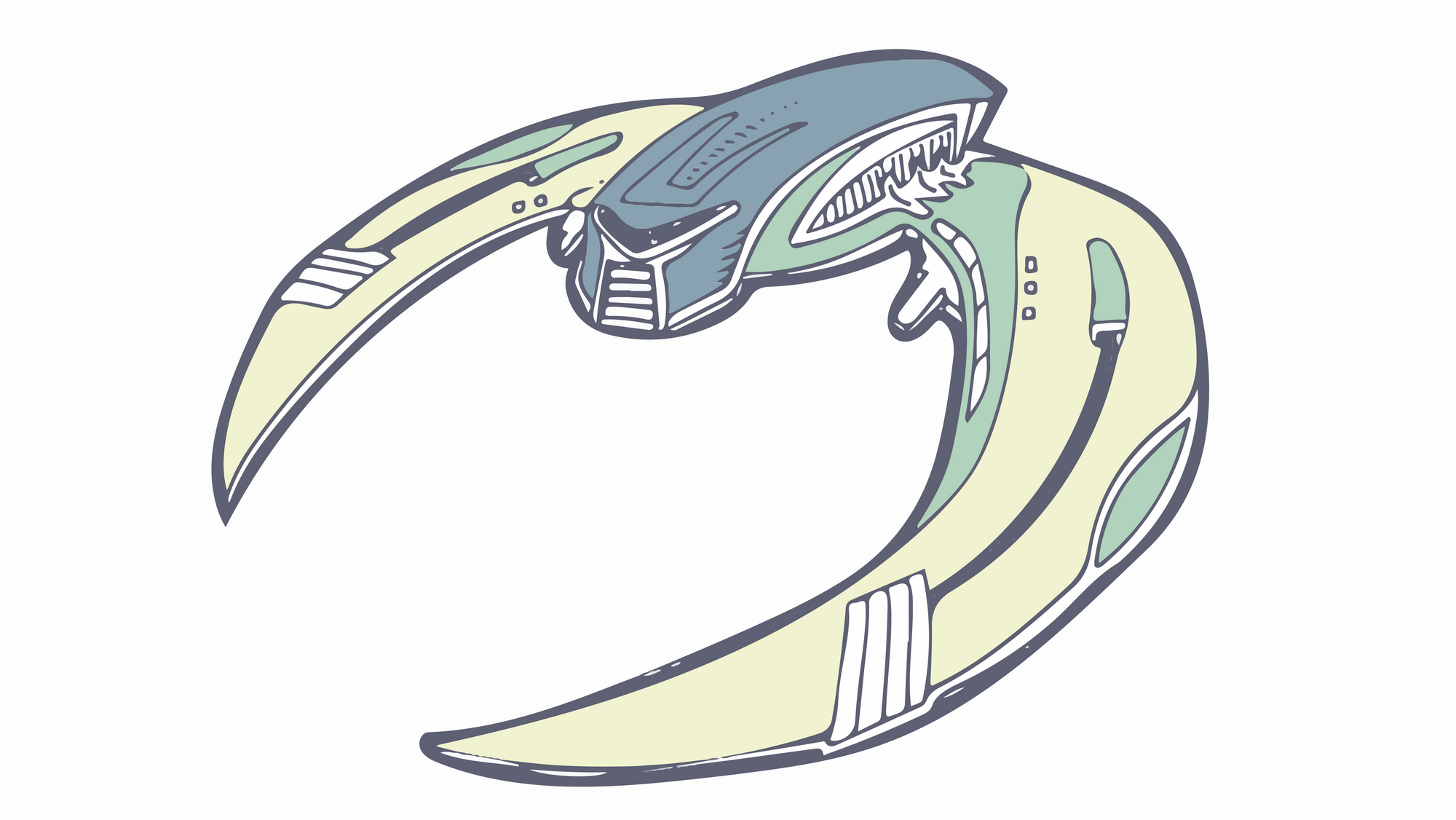
Art and Production design
BSG's art direction adds a vital sense of believability.
Parts of the CIC set were actually pulled from a real decommissioned ship.
As Hodgman writes:
The interior of the Battlestar Galactica is a warren of shadowy, angular hallways and spare functional chambers split over two sound stages situated on the semi-industrial fringe of Vancouver, British Columbia. The Galactica is a spaceship, but it does not feel particularly space-age.
The communication panels on the walls were scavenged from a Canadian destroyer; the desk lamps are from IKEA."
Here, old-fashioned storytelling beats snazzy production value.
In the early episodes, the Galactica survives a surprise Cylon attack mainly because it uses ancient, analog technologies aboard.
It's a good analogy for the show.
Sometimes the tried-and-true outperform the fancy and new.
What did you think?
If you're still reading, maybe you watched the series too.
Of course, this is only one person's opinion.
I'd love to hear your thoughts!
📬
Get in touch :
hi@thefirejar.com
Or share / comment via Twitter :
Great science fiction places familiar topics into unfamiliar settings so that we see them from new perspectives.
— Jeremy Finch (@thefirejar) January 16, 2022
And uses this as a mirror to reflect our human shortcomings.
Here's why I think an early-2000s TV space opera is more relevant today than ever.
BSG mega-thread 👇 pic.twitter.com/tVGWiQ4avB
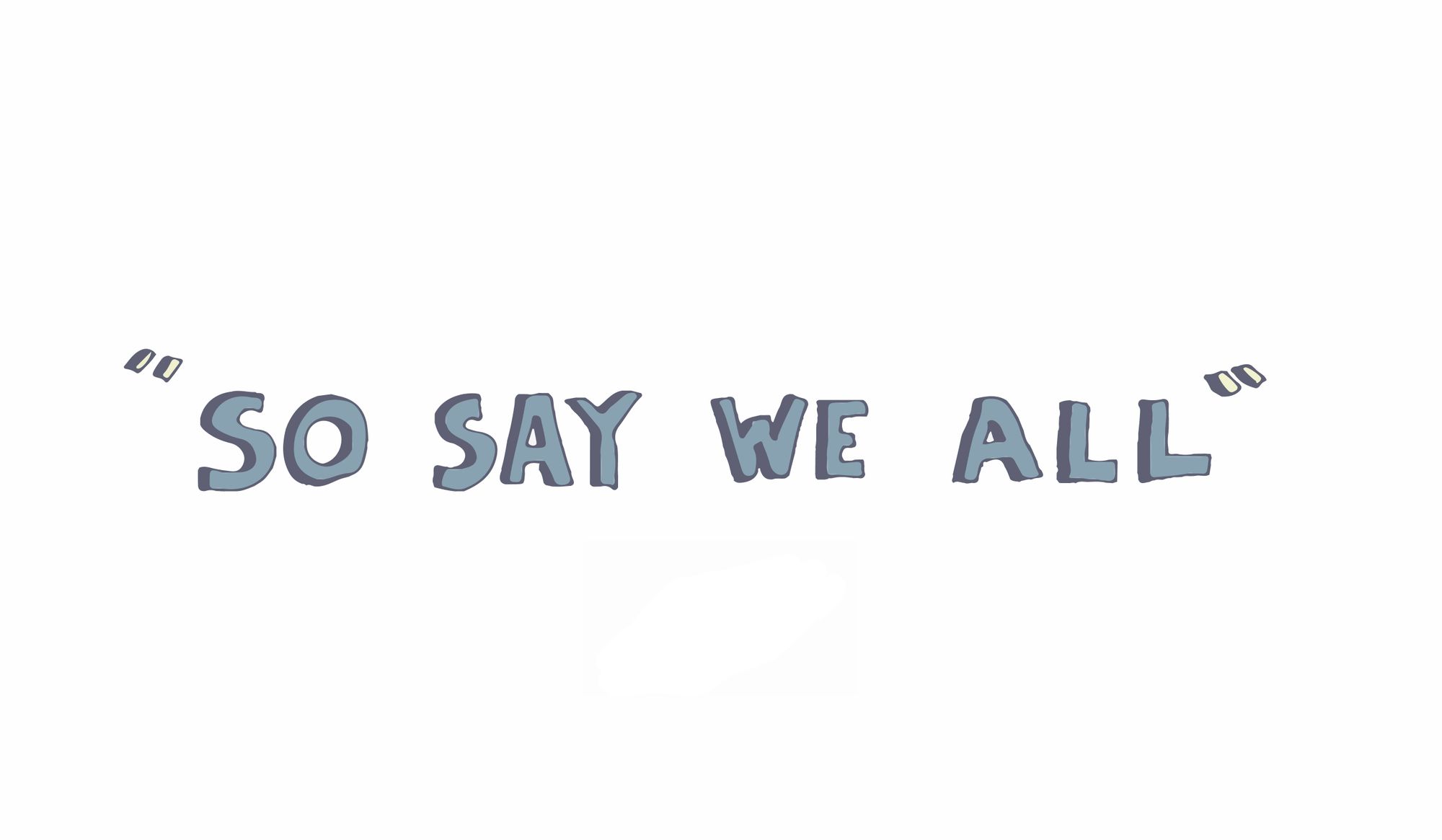
📚
Citations :
Dwight Schrute, BSG fan
The original announcement post (2003)
"Ron Moore's Deep Space Journey"
"Space Opera Returns: One Last Step for Mankind"
"Better than The Wire?"
⭐️ Ron D. Moore's "Series Bible" ⭐️
Battlestar Galactica Wiki
Related :